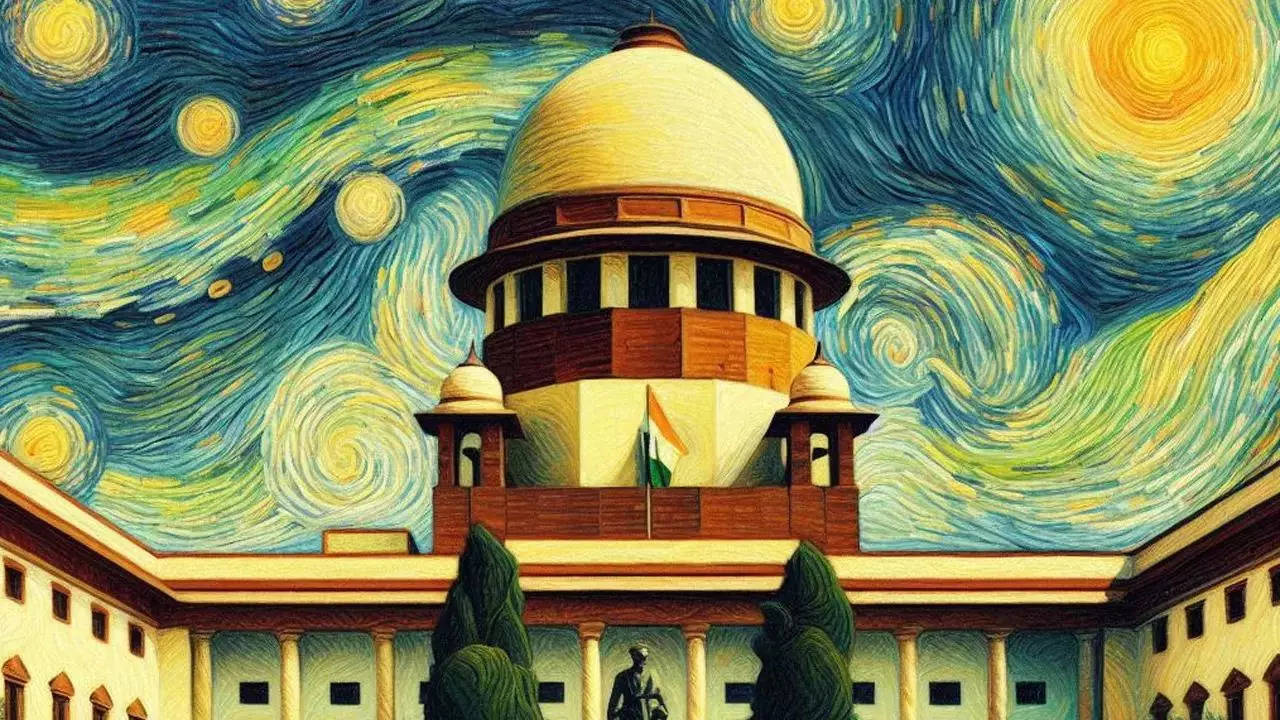NEW DELHI: The Supreme Court on Friday dismissed the pleas seeking Special Investigation Team probe into the alleged instances of quid pro quo arrangements between corporates and political parties through electoral bonds donations.
The PILs had demanded an SIT probe led by a retired judge into the alleged money trail and quid pro quo in award of contracts for huge donations to political parties through electoral bond.
A bench headed by CJI D Y Chandrachud said that it is open for petitioners to take appropriate remedial measures under the normal course of law. If their grievances are not investigated or closure report is filed, then they can approach the high courts or SC, it said.
In February, the Supreme Court had struck down the electoral bonds scheme which allowed anonymous funding to political parties.
Introduced in 2017, electoral bonds were introduced as a means to promote transparency by channeling donations through banking channels. However, critics raised serious concerns about the anonymity they provided to donors and the potential for corruption.
On the Supreme Court’s order, the Election Commission in March released additional data regarding electoral bonds, including party-wise details on amount redeemed as well as corresponding bank account information.
The BJP encashed electoral bonds totalling Rs 6,986.5 crore, maximum Rs 2,555 crore received in 2019-20. The second largest recipient after BJP was Trinamool Congress which received Rs 1,397 crore through electoral bonds.
The PILs had demanded an SIT probe led by a retired judge into the alleged money trail and quid pro quo in award of contracts for huge donations to political parties through electoral bond.
A bench headed by CJI D Y Chandrachud said that it is open for petitioners to take appropriate remedial measures under the normal course of law. If their grievances are not investigated or closure report is filed, then they can approach the high courts or SC, it said.
In February, the Supreme Court had struck down the electoral bonds scheme which allowed anonymous funding to political parties.
Introduced in 2017, electoral bonds were introduced as a means to promote transparency by channeling donations through banking channels. However, critics raised serious concerns about the anonymity they provided to donors and the potential for corruption.
On the Supreme Court’s order, the Election Commission in March released additional data regarding electoral bonds, including party-wise details on amount redeemed as well as corresponding bank account information.
The BJP encashed electoral bonds totalling Rs 6,986.5 crore, maximum Rs 2,555 crore received in 2019-20. The second largest recipient after BJP was Trinamool Congress which received Rs 1,397 crore through electoral bonds.
